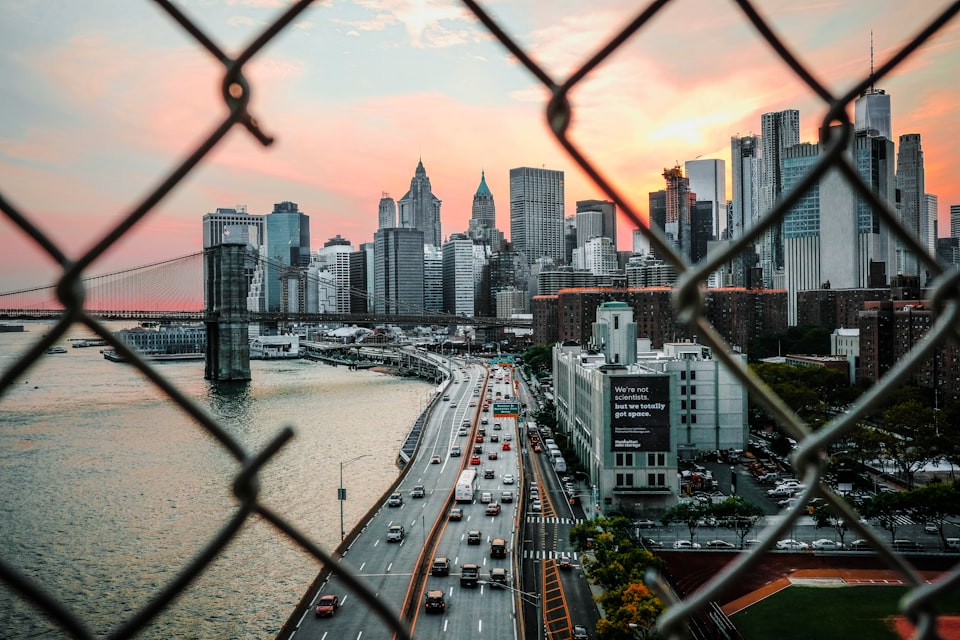Analyze the impact of industrialization on urbanization.

Urbanization's Effects of Industrialization: A Complex Interaction
Industrialization, or the mechanised conversion of raw resources into finished goods, is a key factor in driving economic expansion. Its impacts on urbanisation are complex, with both good and negative aspects influencing how cities develop.
Optimistic Effects
Job Creation: The creation of employment possibilities is one of the most pronounced advantages of industrialization over urbanisation. A migration from rural to urban areas has been sparked by the need for a trained and unskilled workforce in industries, resulting in an exponential rise in the urban population.
Infrastructure Development: The need for effective logistical and communication networks as a result of industrialization drives investments in infrastructure. This encourages the creation of more effective communication, transportation, and sanitary systems, ultimately raising the standard of urban living.
Adverse effects
Pollution worries Pollution is a major ominous cloud that industrialization has created. Urban residents and ecosystems face significant environmental and health concerns as a result of the growth of industries, which frequently leads to pollution of the air, water, and noise.
Slum expansion: The quick urban inflow brought on by industrialization can outstrip available housing options, leading to slum expansion. In these destitute neighbourhoods, overcrowding and poor living conditions become common, escalating the problems of poverty and social injustice.
Act of Balancing
Despite the significant good changes brought about by industrialization, it is crucial to address its negative effects. In order to mitigate the negative consequences, strategies that prioritise sustainable development and equitable urban expansion are essential.
Comprehensive urban planning can help to address issues like housing shortages and traffic since it predicts the inflow of population and coordinates infrastructure growth with industrialisation.
Environmental Protection: Strict rules and new technology can reduce industrial pollution, ensuring that the environmental cost is kept to a minimum.
Inclusive Growth: Policies that support equal employment opportunities in conjunction with social welfare programmes will assist prevent the growth of slums and lessen the inequalities caused by rapid urbanisation.
Conclusion
Urbanisation is undoubtedly influenced by industrialization, which has wide-ranging effects beyond economic expansion. Urban growth is fueled by the creation of jobs and the improvement of infrastructure, but pollution and the growth of slums highlight the urgent need for inclusive and sustainable urban planning. In order to achieve balanced development, it is essential to take advantage of industrialization's positive effects while addressing its negative side effects. This will help to create resilient, habitable, and just urban environments.
